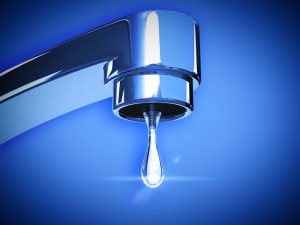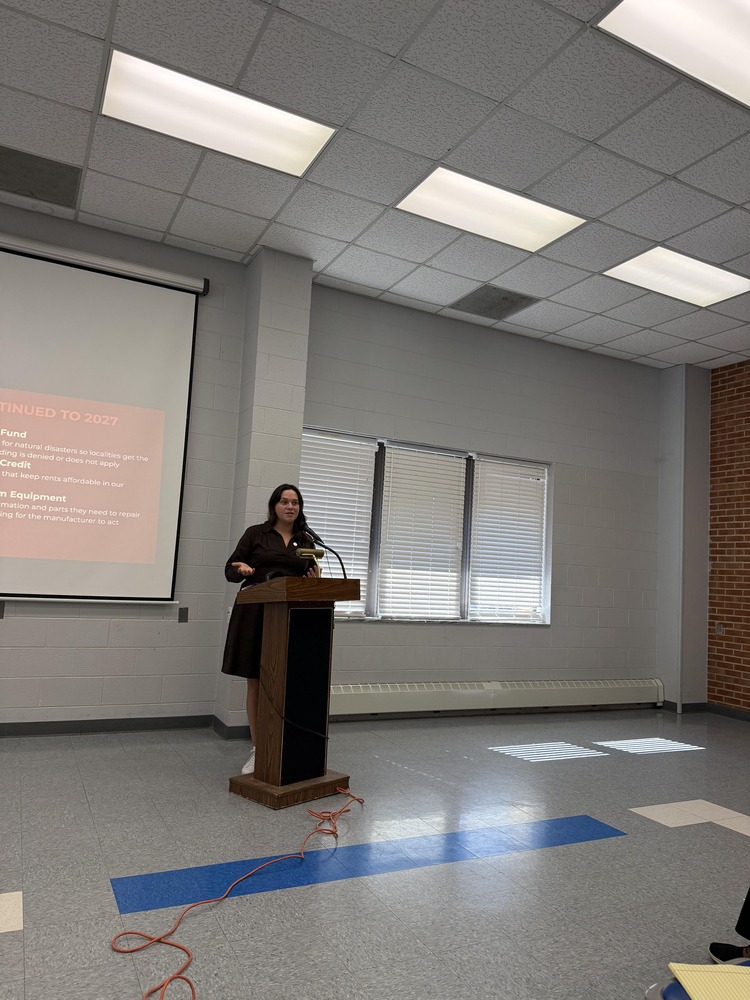
The Southwest Virginia and Bedford Regional Water Authorities are urging those businesses planning to re-open Friday to first run water through all the faucets for several minutes. Officials say chlorine levels dissipate in pipes that are unused for long periods, and that could diminish the water’s ability to remain free of bacteria. Opening the faucets lets you access more freshly-treated water already flowing through distribution lines.
NEWS RELEASE: As businesses begin preparations to reopen on May 15th, the Bedford Regional Water Authority and Western Virginia Water Authority (Authorities) are encouraging all businesses who have had reduced operations or had their doors shut since the Commonwealth of Virginia Executive Order 53 closed non-essential businesses on March 24, 2020 to flush the water that is in their internal plumbing pipes before they reopen. The residual chlorine level in the water that has been sitting unused in pipes for a long period of time may have dissipated to a point where the disinfection level is no longer effective at keeping the water within a facility free of bacteria. Therefore, the water in the plumbing pipes may be unsuitable for drinking, showering or other uses.
According to the Center for Disease Control (CDC): “Stagnant, or standing water can cause conditions that increase the risk for growth and spread of Legionella and other biofilm-associated bacteria. When water is stagnant, hot water temperatures can decrease to the Legionella growth range (77-108°F, 25-42°C). Stagnant water can also lead to low or undetectable levels of disinfectant, such as chlorine. Ensure that your water system is safe to use after a prolonged shutdown to minimize the risk of Legionnaires’ disease and other diseases associated with water.”
The water treatment process utilized by both Authorities ensures that water is safe and healthy to drink with regular usage. Since business closures on March 24, the residual chlorine in the water may have dissipated to a point where it is no longer effective at keeping the water within your facility free of bacteria.
To ensure that facilities are receiving fresh water, businesses are encouraged to run water through all points of use (faucets, spigots, shower heads, etc.) with both hot and cold water for several minutes prior to using the water. This will allow any stagnant water to be flushed from the pipes and replaced with fresh water drawn from the Authority’s distribution lines.
It is also important to clean and disinfect all water fountains, water features, eye wash centers, safety showers, etc. prior to use.
“Providing clean water to our customers is top priority for the Authority,” said Brian Key, Bedford Regional Water Authority Executive Director. “That is why it is so important for businesses to flush the water prior to their business reopening. We want to make ensure citizens are drinking the water that we treated yesterday and not water that has been sitting in their building’s pipes for a few weeks.” “The Western Virginia Water Authority’s mission provide safe and essential water supply to our customers is more important than ever as the communities and customers we serve are impacted by the COVID-19 crisis. We are here to provide important information and answers about your water quality, our treatment processes and the important steps you need to take to keep the water in your business or residence safe” stated Michael McEvoy, Executive Director for the Western Virginia Water Authority.
The Bedford Regional Water Authority and Western Virginia Water Authority are considered essential businesses and have been able to continue, and will continue, treating water and wastewater throughout the pandemic. Even prior to this health crisis, the water treatment process in place for both water and wastewater eliminates viruses such as COVID-19 along with other viral strains and harmful bacteria.
The CDC also has additional resources for businesses on how to prepare their water systems for reopening: https://www.cdc.gov/coronavirus/2019-ncov/php/building-water-system.html



